Top Keyword Research Tools Every SEO Specialist Needs to Know
In the fast-paced world of SEO, staying ahead of the competition means mastering the art of keyword research. Top Keyword Research Tools Every SEO Specialist Needs to Know With the right tools, SEO specialists can identify high-performing keywords, understand search trends, and create content that drives traffic. Here’s a roundup of the top keyword research tools that every SEO expert should have in their arsenal.
1. Google Keyword Planner
Best for: Beginners and Paid Search Campaigns
Why use it: As a free tool from Google, Keyword Planner is ideal for getting a broad sense of keyword ideas directly from the largest search engine. It provides keyword suggestions, average monthly search volumes, and competitive data—helpful for paid ad campaigns and organic SEO alike.
Bonus tip: Use it to identify long-tail keywords with low competition.
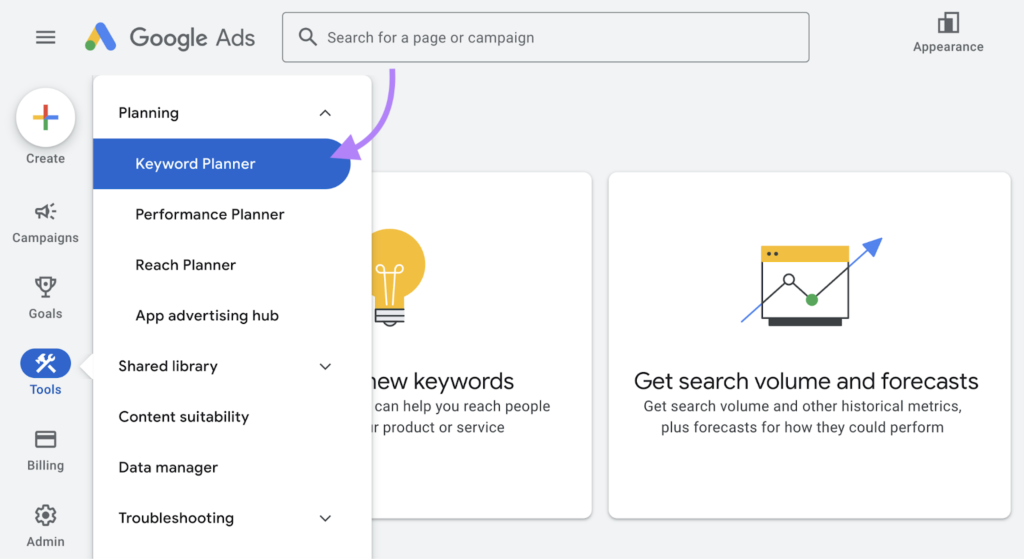
2. Ahrefs Keywords Explorer
Best for: Comprehensive Keyword Analysis
Why use it: Ahrefs is a robust tool that offers in-depth keyword insights. From search volume to keyword difficulty and click-through rates (CTR), Ahrefs helps you discover valuable keywords that competitors are ranking for.
Bonus tip: Use the “Parent Topic” feature to build content clusters around your main keyword.
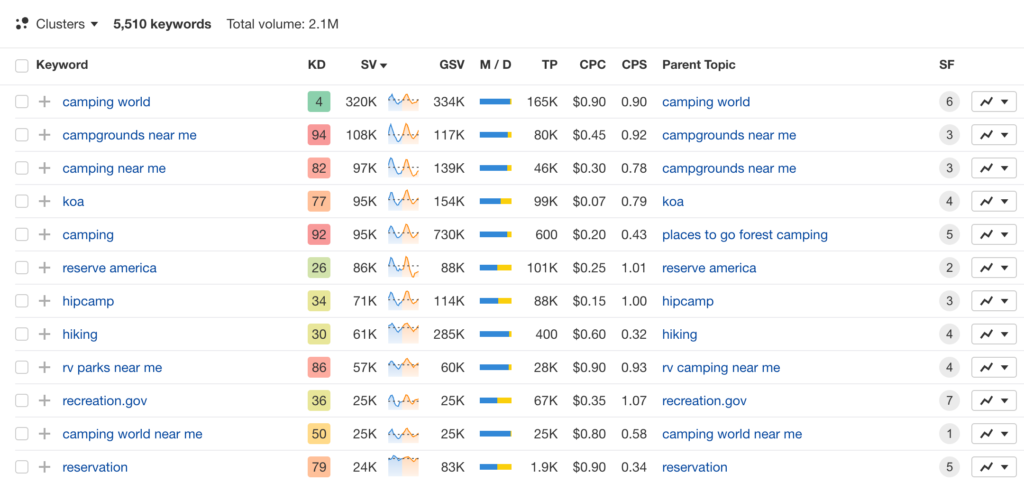
3. SEMrush
Best for: Competitive Analysis
Why use it: SEMrush is popular for its powerful competitor analysis features. With SEMrush’s Keyword Magic Tool, you can explore over 20 billion keywords, filter results by search intent, and track keyword positions over time.
Bonus tip: Leverage the ‘Keyword Gap’ tool to find keyword opportunities that your competitors are missing out on.
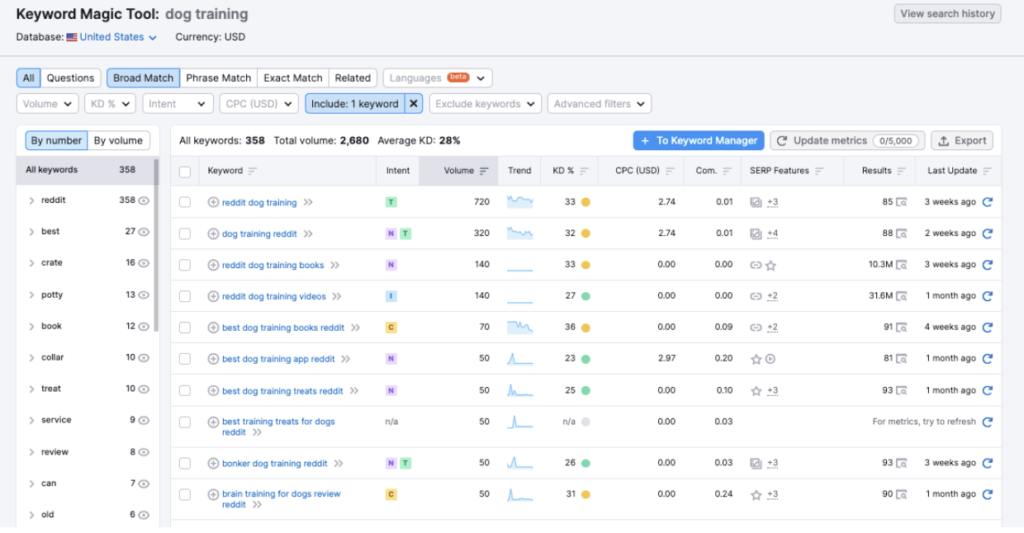
4. Moz Keyword Explorer
Best for: Simplified Keyword Research
Why use it: Moz offers a user-friendly interface that’s great for newcomers and experienced SEOs alike. Its tool provides a Priority Score that combines volume, difficulty, and CTR to give you a clearer idea of which keywords are worth targeting.
Bonus tip: Use the SERP analysis feature to understand the top-ranking pages for your chosen keywords
.
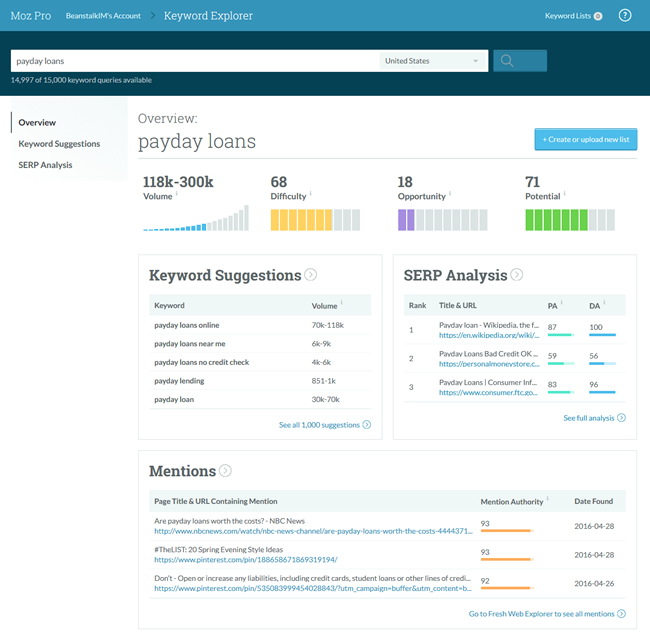
5. Ubersuggest
Best for: Budget-Friendly Keyword Research
Why use it: Created by Neil Patel, Ubersuggest is a great free alternative for those who don’t want to invest in premium tools. It offers keyword suggestions, content ideas, and competitor insights, making it a versatile tool for small businesses.
Bonus tip: Use the “Content Ideas” feature to discover popular blog posts and articles based on your target keywords.
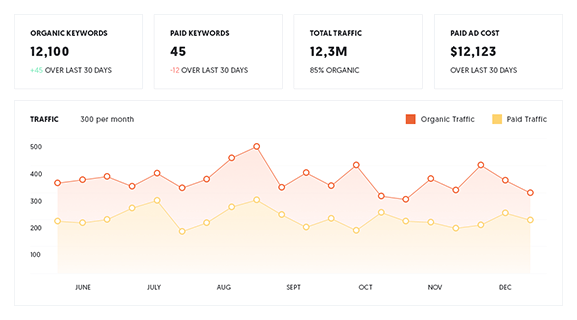
6. AnswerThePublic
Best for: Generating Content Ideas
Why use it: AnswerThePublic helps you understand what questions people are asking around a particular keyword. It visualizes search queries into categories like “what,” “why,” “how,” etc., making it ideal for crafting FAQ sections or blog posts that address user intent.
Bonus tip:Combine AnswerThePublic data with your SEO strategy to create content that answers user questions effectively.
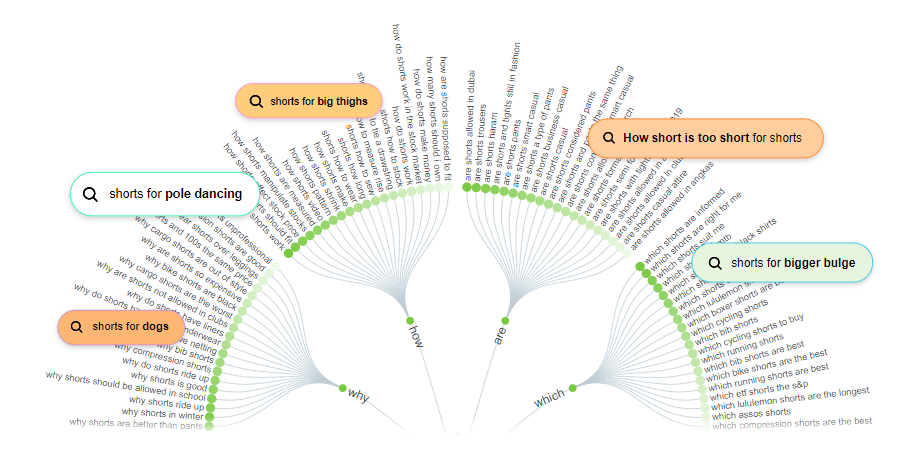
7. KeywordTool.io
Best for:Finding Long-Tail Keywords
Why use it: KeywordTool.io pulls keyword suggestions from Google’s autocomplete feature, making it particularly useful for finding long-tail keywords. It can also generate ideas from YouTube, Amazon, and Bing.
Bonus tip: Use the tool to discover untapped long-tail keywords that are easier to rank for in niche markets.
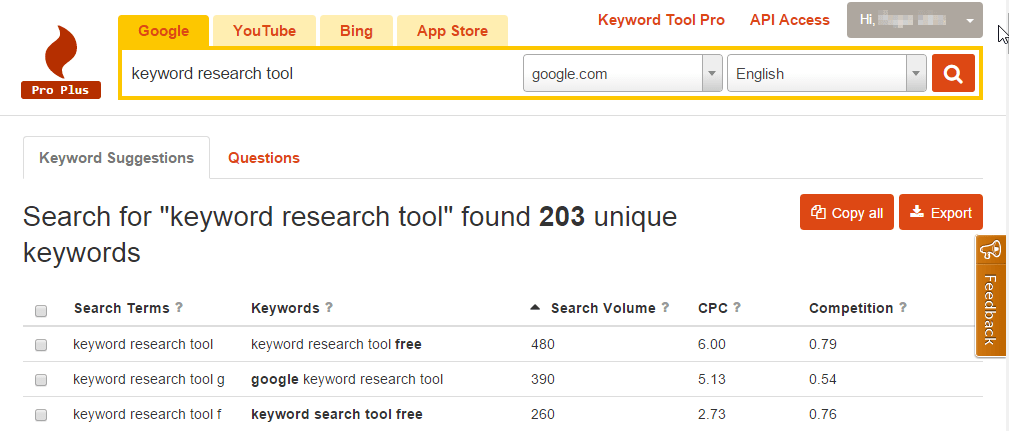
8. Serpstat
Best for:All-in-One SEO Platform
Why use it: Serpstat is an all-in-one SEO tool offering features like backlink analysis, site audits, and keyword research. Its keyword research tool provides detailed keyword trends, competition levels, and search volume.
Bonus tip: Use Serpstat’s clustering feature to group related keywords together, making it easier to optimize for broader topics.
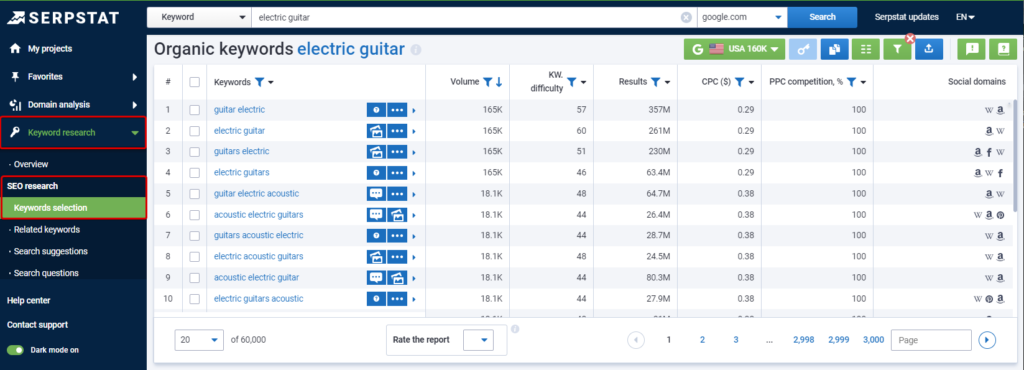
9. Soovle
Best for:Multi-Source Keyword Suggestions
Why use it: Soovle aggregates keyword suggestions from multiple platforms, including Google, YouTube, Bing, Amazon, and Wikipedia. This multi-platform approach is excellent for discovering cross-channel keywords that can drive traffic from various sources.
Bonus tip:Use Soovle to diversify your content and SEO strategy by targeting keywords across different platforms.

10. Google Trends
Best for: Tracking Keyword Trends
Why use it: Google Trends is perfect for tracking keyword popularity over time. It allows you to see how interest in a keyword has changed, compare trends between multiple keywords, and identify seasonality in search behavior.
Bonus tip: Use Google Trends to capitalize on trending topics and seasonal keywords that can boost traffic during peak times.

- Dizital Monk is the Best Digital Marketing Company in Vijayawada. And it focuses on growing your business successfully with our digital marketing agency. So start your ranking with one of the best digital marketing agency in Vijayawada. Our skilled team takes over.
Conclusion
Keyword research is the backbone of any successful SEO strategy. Whether you’re looking to analyze competitors or find long-tail keywords, these tools can help you fine-tune your strategy and reach your target audience more effectively. While no single tool does everything, a combination of these keyword research tools will set you up for SEO success.

